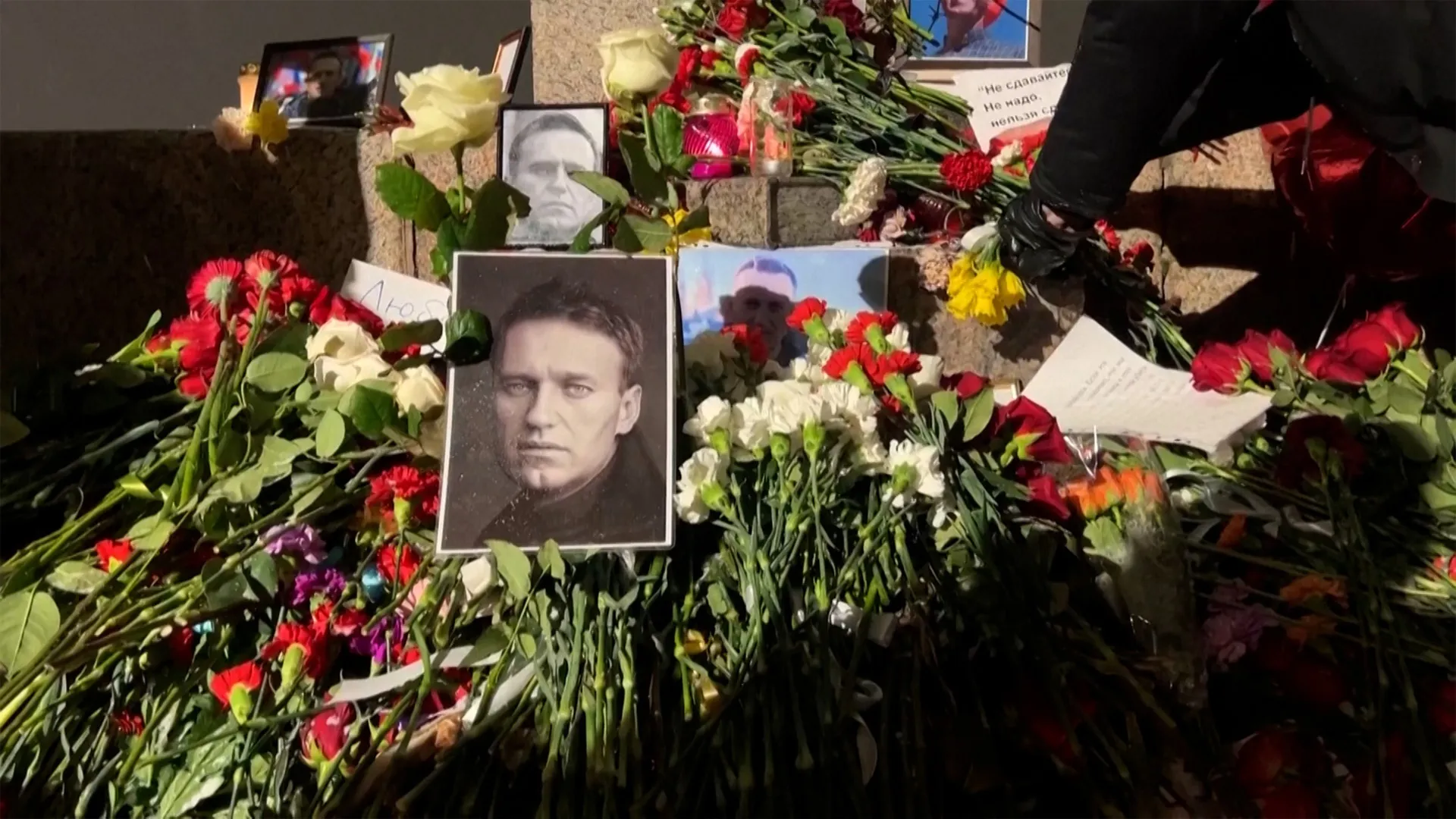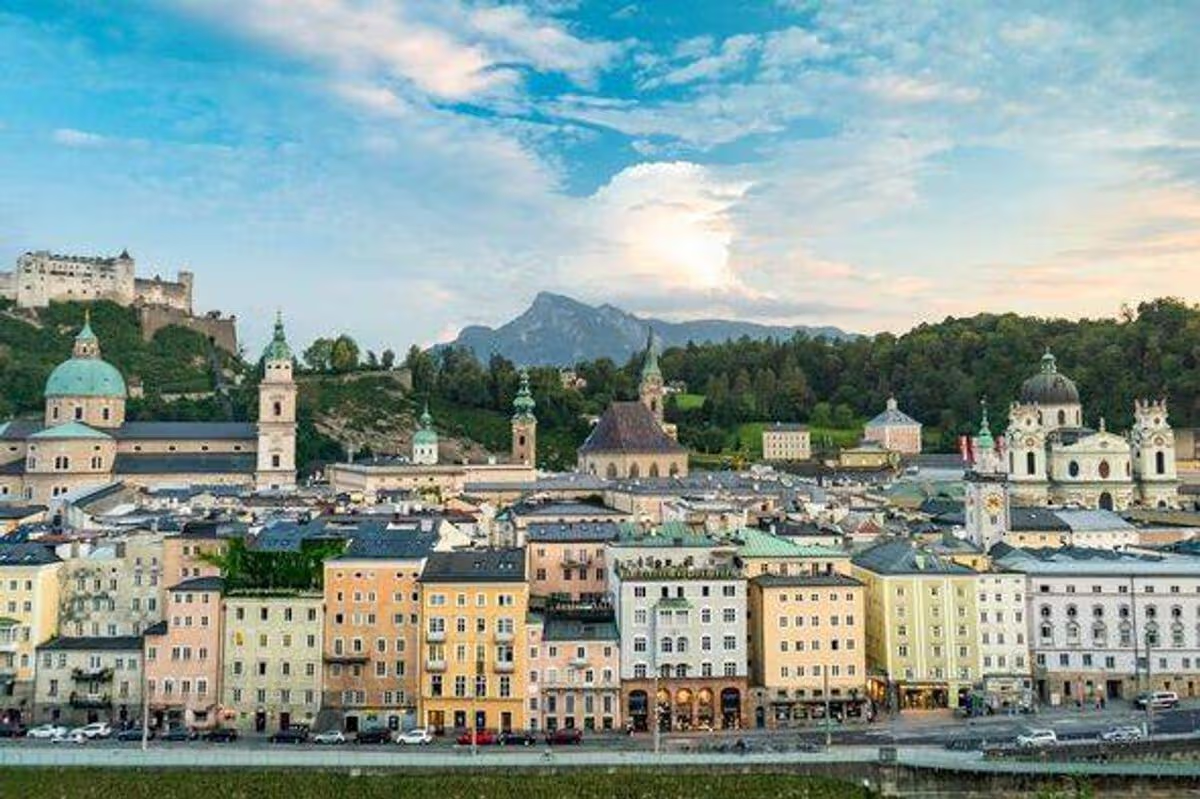The safest city in Europe is a gorgeous Alpine destination.
Whilst travel can never be entirely without risk, certain holiday spots prove considerably safer than their counterparts. Research conducted by Reassured has crowned Salzburg in Austria as Europe’s most secure city.
The Austrian gem boasts minimal crime levels, with Numbeo data revealing that precious few residents fret about potential attacks or vandalism. An impressive 90 per cent of locals reported feeling secure whilst strolling solo after dark.
Little wonder that Reassured has also hailed it amongst the finest destinations for expat families to settle. Famed as Mozart’s birthplace, Salzburg draws countless visitors year-round.
The historic Old Town, or Altstadt, proves perfectly walkable, with the city’s premier attractions clustered within easy reach of one another, reports the Express.
One holidaymaker, ‘Robert P’, shared on Tripadvisor: “Lovely area to walk around, small enough not to tire the feet. Salzburg is almost the perfect tourist town, history and scenery combined.”
Swiss city Zug and the Netherlands’ Leiden claimed the subsequent spots on the safety rankings, both featuring similarly low criminal activity rates.
Switzerland commanded the listings, with numerous other Swiss cities securing places in the safety table.
Every featured destination scored significantly higher for safety than major British cities such as London and Leeds.
Europe’s safest cities
- Vienna, Austria
- Prague, Czechia
- Rome, Italy
- Helsinki, Finland
- Salzburg, Austria
- Nuremberg, Germany
- Innsbruck, Austria
- Bergen, Norway
- Galway, Ireland
- Trieste, Italy


